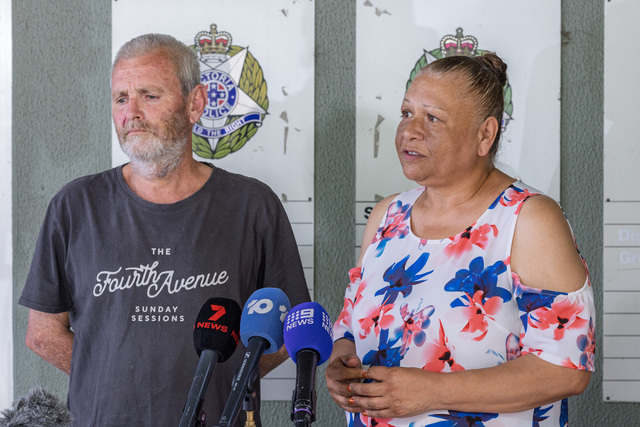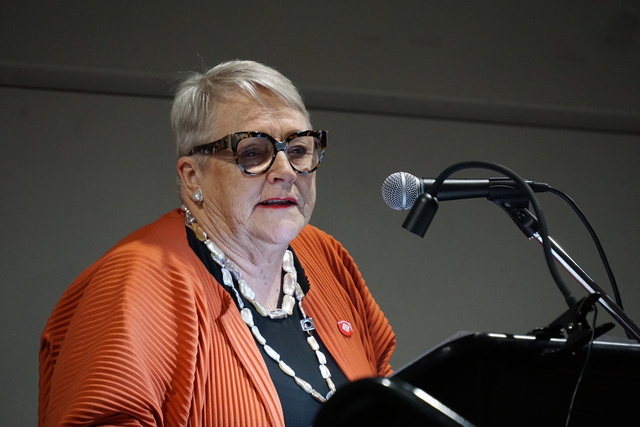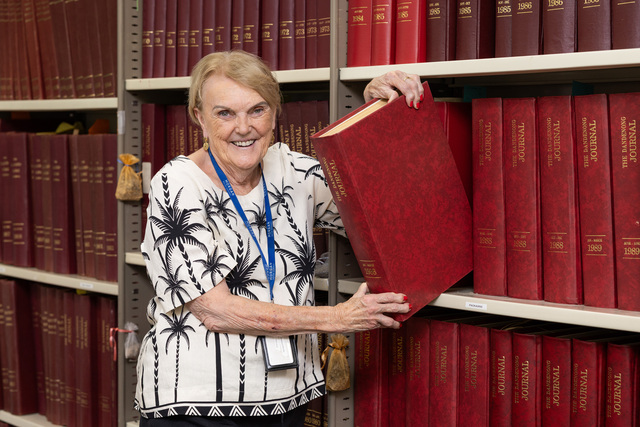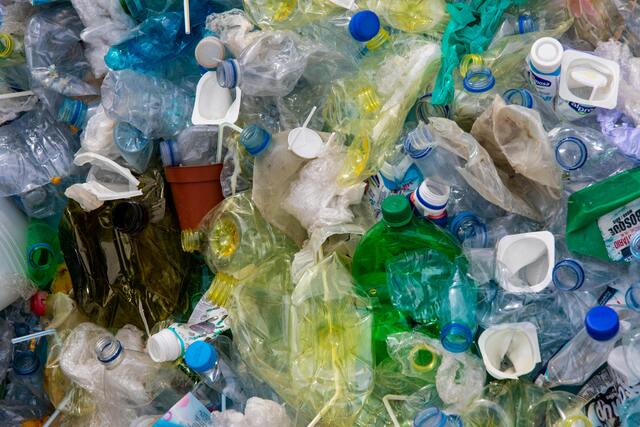INTENSIVE care beds will have to close at Dandenong Hospital so sinks harbouring a ‘superbug’ can be replaced.
Carbapenem-resistent Enterobacteriaceae (CRE) has infected 10 patients admitted to the 14-bed intensive care unit (ICU) between November 2009 and July last year.
The bacteria is a growing concern world-wide because it’s resistant to antibiotics, can spread its resistance to other bacteria, and can cause bloodstream, urinary tract and wound infections, pneumonia and meningitis.
The Medical Journal of Australia on 18 March reported that ICU sink inspections for CRE found aged and deteriorating porcelain, even though the sinks were installed in 2005.
“Sink design did not comply with Australasian clinical design standards,” the report said.
The design allowed organisms living down the drain to splash back onto staff hands and contaminate patient areas.
The inspection also found staff disposed clinical waste and residual antibiotics directly into drains.
A single brush was then used to clean down the drains of all sinks in the ICU without disinfection between sinks.
The report said the hospital tried several cleaning techniques to rid the organisms from the sinks.
“Attempts at sink sterilisation were futile, and complete eradication will require future sink removal and replacement with appropriately-designed sinks,” it said.
Monash Health head of infectious diseases, Rhonda Stuart, said the ICU at Dandenong Hospital was safe.
“To stop the problem we instigated high pressure steam cleaning to control this organism,” she said.
“Monitoring this has confirmed that this is controlling the growth of this organism.
“We would like to assure the community that since we have commenced our new high temperature cleaning, no patient has acquired this strain of bacteria.”
Ms Stuart said that as a further precaution, the hospital would replace all sinks which will require “closure of part or all of the ICU beds at the hospital”.
Sinking the ICU superbug
Digital Editions
-

Ramadan Night Market returns
Purchase this photo from Pic Store: 467847 As the holy month of Ramadan is fast approaching, so is the buzz and excitement for Dandenong’s already-famous…















